The first machine of mankind, the loom is a symbol of creativity and essential to the manufacture of rugs.
Blog categories
Search in blog
Latest posts
-
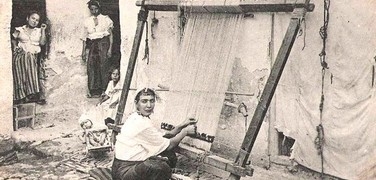 The loom: humanity's first machineRead more
The loom: humanity's first machineRead more -
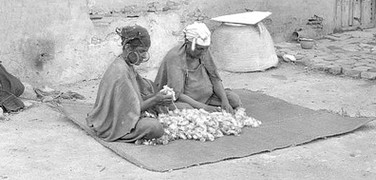 Preparing the wool13/11/2021Posted in: HandicraftRead more
Preparing the wool13/11/2021Posted in: HandicraftRead moreMany craftswomen still do all the work by hand, from shearing the wool to weaving, sorting the wool, cleaning,...
-
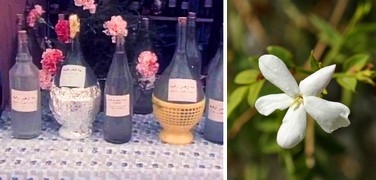 Floral waters / hydrolats in Tunisia: distillation and virtues29/01/2021Posted in: HandicraftRead more
Floral waters / hydrolats in Tunisia: distillation and virtues29/01/2021Posted in: HandicraftRead moreDiscovery of the artisanal method of distilling floral waters and their virtues.
-
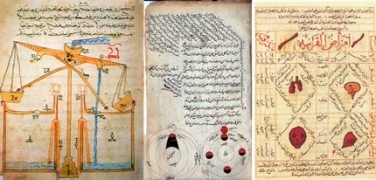 Arabic words in the French language13/01/2021Posted in: CultureRead more
Arabic words in the French language13/01/2021Posted in: CultureRead moreDid you know that there are five to eight more Arabic words than Gallic words in the French language? The Arabic...
-
 Reviving the Tunisian carpet craftswomanship14/12/2020Posted in: HandicraftRead more
Reviving the Tunisian carpet craftswomanship14/12/2020Posted in: HandicraftRead moreHow to revive the Tunisian carpet craft? A few lines of thought and an overview of the initiatives set up.


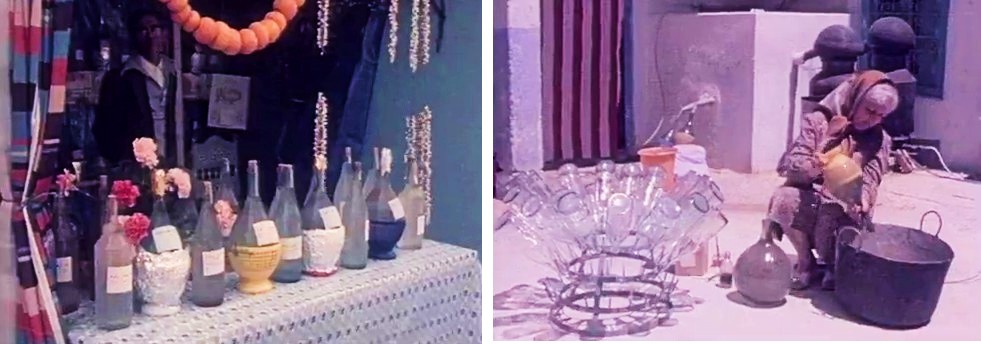





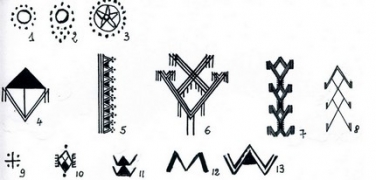
Leave a comment